Dungeons and Dragons is a game that has been played by millions of people for decades now. These days, it’s more popular than ever before!
After all, few things are more fun than hanging out with some friends and going on epic adventures in search of even more epic treasure!
But did you know that braving dungeons, slinging fireballs, and slaying dragons is actually helping you build several real-life skills?
It’s true!
This article will explore the real-life skills D&D can provide young adults or anyone who wants to learn more about themselves!
Creativity
One of the main benefits D&D provides is creativity and imagination. While there are several real-life skills developed by playing D&D, creativity is at the core of all of them. D&D helps players learn how to think outside the box and be more creative in their everyday lives.
Additionally, D&D helps players develop a strong sense of imagination.
So much of the game’s action takes place in the “theatre of the mind” with descriptive inputs from the Dungeon Master and other players. Suddenly those miniature figures on that grid paper are able to turn into something so much more!
D&D players can easily lose themselves in the game world which requires a high level of engagement, fantasy, and creativity to fully experience the imaginary world being created at the table.
From making characters to exploring and experiencing the world, D&D is a great way to exercise and develop players’ creative muscles!
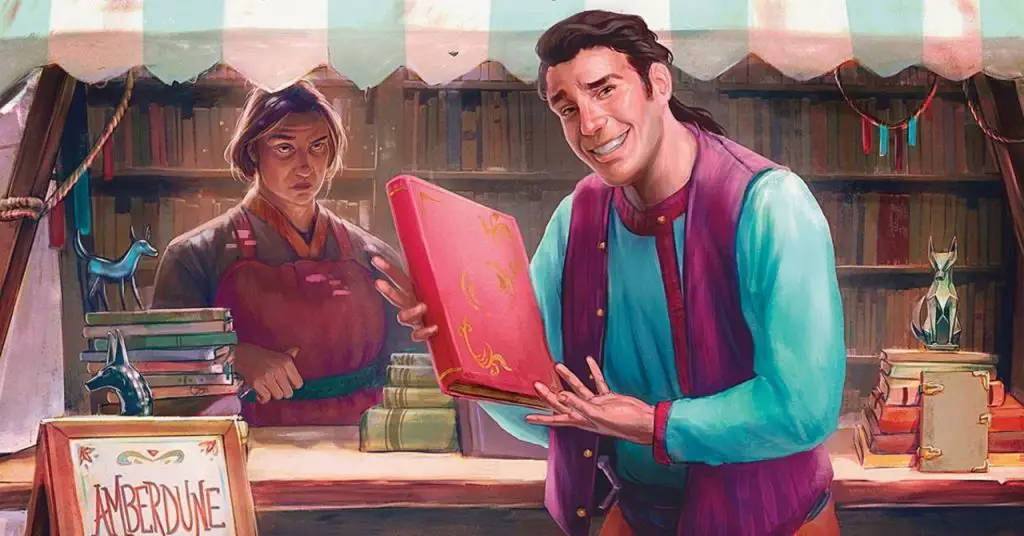
Problem-Solving Skills
Piggybacking off of the last skill, creativity is essential for developing problem-solving skills.
Nobody in life will ever say to you “I wish you were worse at solving problems.”
People fundamentally like people who can help them fix their problems and especially when those problems require some “out of the box” solutions!.
D&D players are often required to come up with creative solutions to problems they encounter in the game. This can help players learn how to think outside the box and be more creative in their everyday lives.
From braving dangerous dungeons to solving puzzles to finding creative solutions to the problems the party encounters on their quest, D&D is a great way to exercise and develop problem-solving skills!
Also Check Out: The 6 Best Books That EVERY Dungeon Master Needs To Read!
Empathy
Empathy is probably one of the most underrated skills in today’s world. However, being able to look at things from someone else’s perspective is one of the most powerful “soft skills” that someone can develop.
Fortunately, playing D&D is one of the best ways to build empathy in a manner that is both natural and fun! (I’ll take braving the most fearsome dragon’s lair over the best HR empathy training any day!)
In D&D, players make decisions from their character’s perspective but also are encouraged to make decisions with the well-being of the rest of their party in mind. D&D helps players learn how to think about things from other people’s perspectives, understand others’ points of view, and take on board other people’s opinions.
All of these skills are essential for success in both personal and professional relationships. D&D can help players develop the empathy skills they need to be more successful in life!
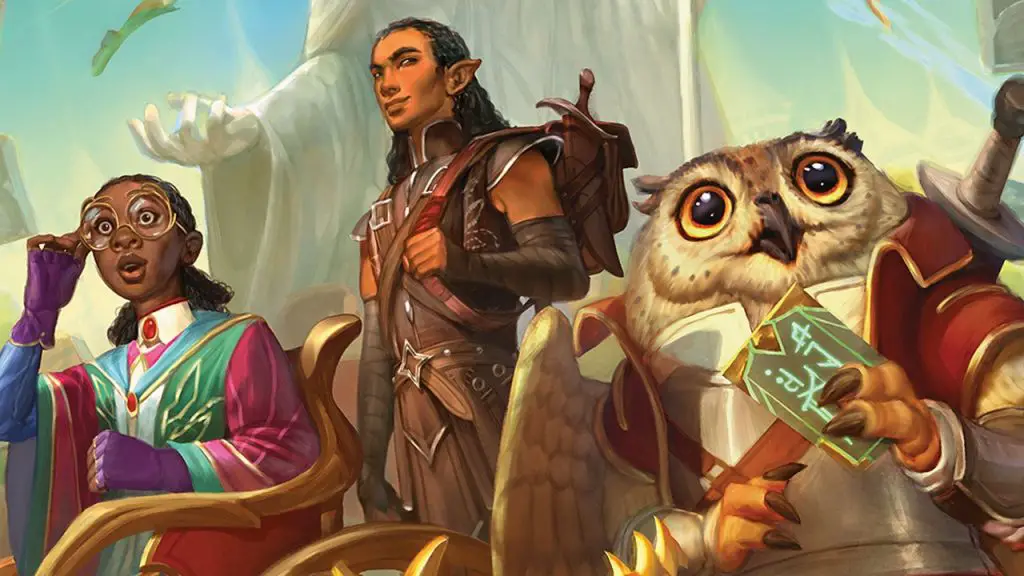
Teamwork
Whether in our professional or personal lives, being able to act as a part of a team is a massively important skill.
By its very nature, D&D is all about working as a team!
Playing D&D is one of the best ways to learn how to act as a team player. D&D players are encouraged and incentivized to work together in order for their party’s success.
An adventuring party works because of the individual skills and abilities of its members. When you work as a team, you learn how to leverage each member’s unique skill set for the party’s success as a whole.
One character might be so-so in combat situations but be excellent in more social situations. That character can possibly haggle for higher pay for the party, smooth out situations with a difficult NPC, or make some powerful friends for the group.
Another character might not be the brightest crayon in the box but their strength makes them a great asset to the party when monsters attack!
Working as a team, you not only find how you can contribute to the party’s success but you also learn what it takes to work together!
Related: Party Composition and Character Roles
Decision-Making
One of my favorite things about D&D is that characters’ choices matter. Whether for good or bad, there will be effects in the game based on your decisions.
Decide to steal from a merchant? They may have to close down their business which means there’s nowhere in town to get supplies now. Furthermore, you may find yourself on some Wanted posters if anyone knows that you are the thief.
Did you save a bunch of prisoners from a group of goblins and make sure they got back to town safely? One of them just happens to be the son of an influential noble whose parents would like to give you a great reward for saving their son!
For virtually everything characters do in D&D, there are effects on the world around them.
Of course, sometimes the decision-making is more about planning how the party can tackle a specific situation. This leads to the next skill that D&D helps develop…
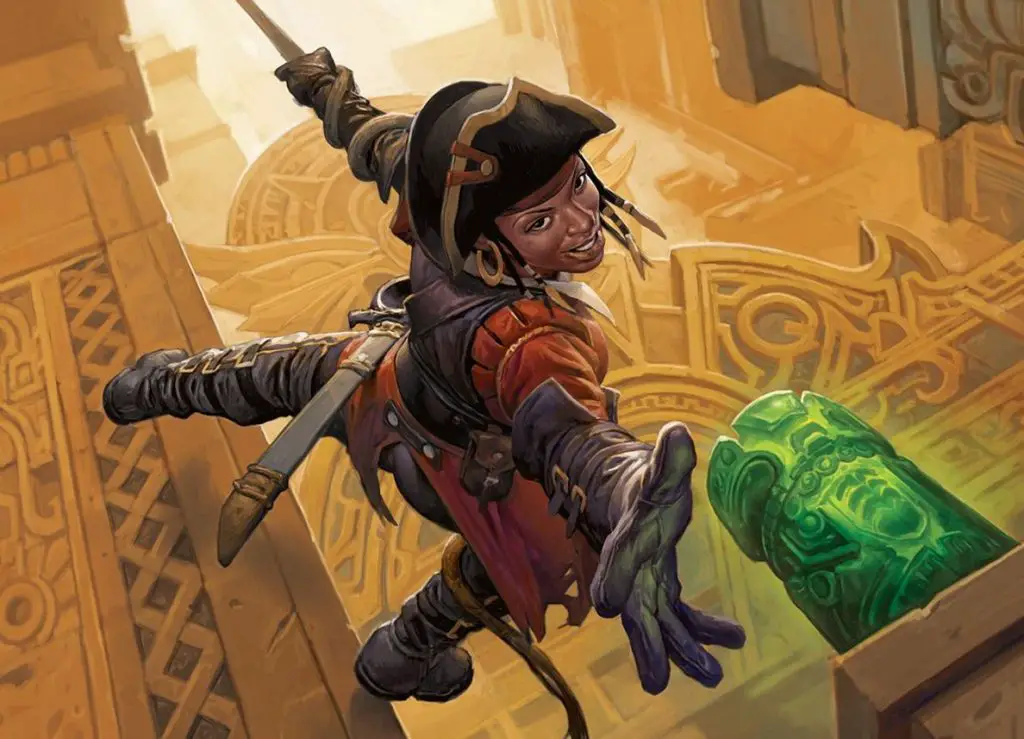
Analytical Thinking
Analytical thinking is the ability to break down a problem into smaller parts and then figure out a solution.
D&D players are constantly faced with problems to solve. This could include finding the way through a dungeon, defeating a powerful monster, or solving a puzzle.
D&D helps players develop their analytical thinking skills by forcing them to think about problems in a step-by-step manner.
Several of the skills on this last have some overlap, but especially this one.
You need to be able to:
- Come up with a creative solution to the problem at hand.
- Figure out how everyone can contribute towards the goal.
- Consider the risks/rewards of the plan.
- Decide if this is the best option.
- Execute the plan.
This is also why D&D is such a great game for problem solvers!
Effective Communication
Another important skill that D&D teaches is effective communication. This is because the game is so collaborative by nature. D&D players need to be able to communicate with each other effectively in order to play the game.
This includes being able to:
- Understand what other players are saying.
- Make themselves understood by other players.
- Work together towards a common goal.
A lot of this boils down to both listening and speaking effectively. D&D players learn how to take in what others are saying, figure out what they need, and then communicate that back effectively.
This makes for smoother gameplay and helps everyone stay on the same page!
Additionally, players will learn how to communicate with different NPCs differently. Speaking to one NPC in a certain way might gain their respect while taking the same tone with another might have negative consequences.
It’s like talking to the court judge with the same tone that you might take with friends at the bar. It’s not just about what you say – it’s also about how you say it!
Related: How and When to Use Social Skills in D&D
Lastly, developing these skills is great for those who tend to be more introverted. Speaking as more of an introvert myself, D&D was instrumental in helping me get out of my shell!
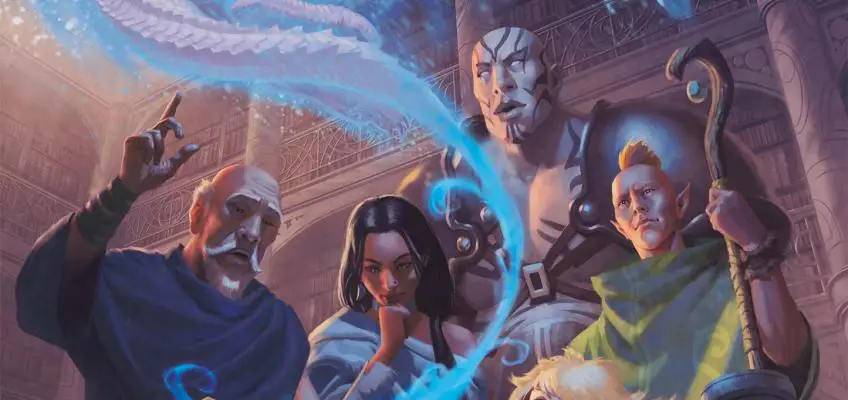
Establishing Friendships
D&D is a great way to make friends that share your interests (and might even encourage you to learn new ones). Many of my closest friends became such because of the countless hours we’ve spent gaming together.
It all starts with finding or getting together a group! You can check out my article on how to find a D&D group if you need some tips!
The game fosters important social skills, such as active listening, collaboration, and making oneself heard without being overly assertive.
As I already mentioned, the fact that D&D helps to build empathy and understanding of others’ perspectives is also a plus here. After all, that’s a key element in any friendship!
For any group to work, D&D emphasizes the importance of kindness and treating each other with respect.
Conclusion – Real-Life Skills Developed By Playing D&D
D&D is more than just a game – it’s also a fun way to develop certain skills naturally as you play.
This is useful for both kids and adults alike. In fact, there’s an entire line of books meant for young adventurers that still help them develop these skills while exploring the fantasy genre!
Don’t undervalue these skills!
All of these are incredibly important in both professional and personal life!
So what are you waiting for? Get to the next dungeon and start building some skills while collecting some sweet loot!
Want more tips, guides, reviews, and ramblings from your friendly neighborhood Druid? Sign up for my newsletter below!
Are there any other skills you’ve developed thanks to D&D? Let me know in the comments!

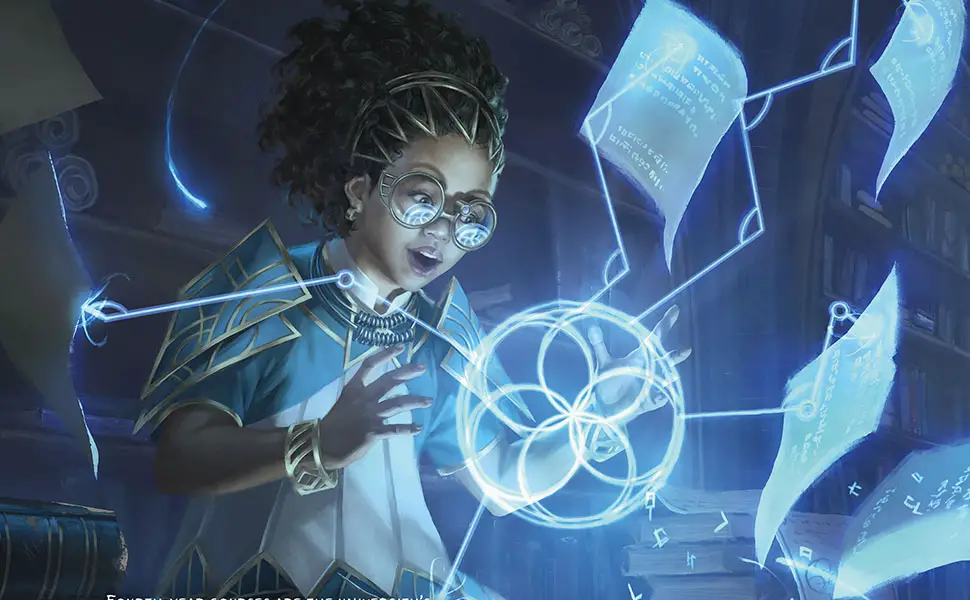
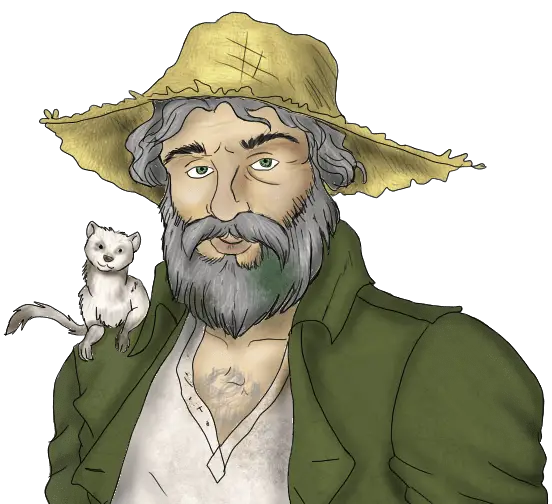
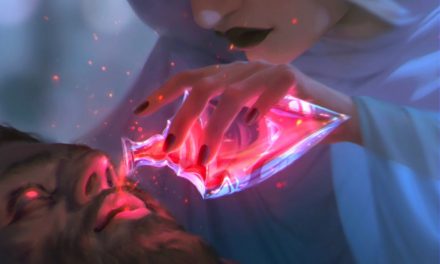
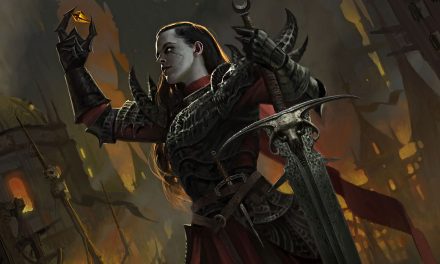
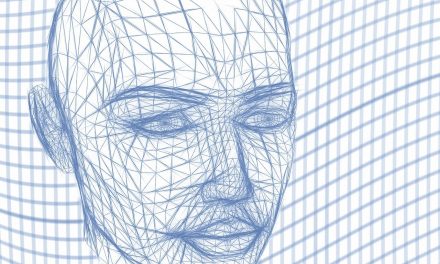
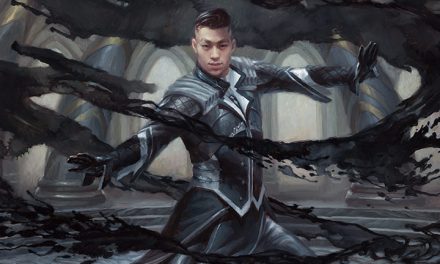


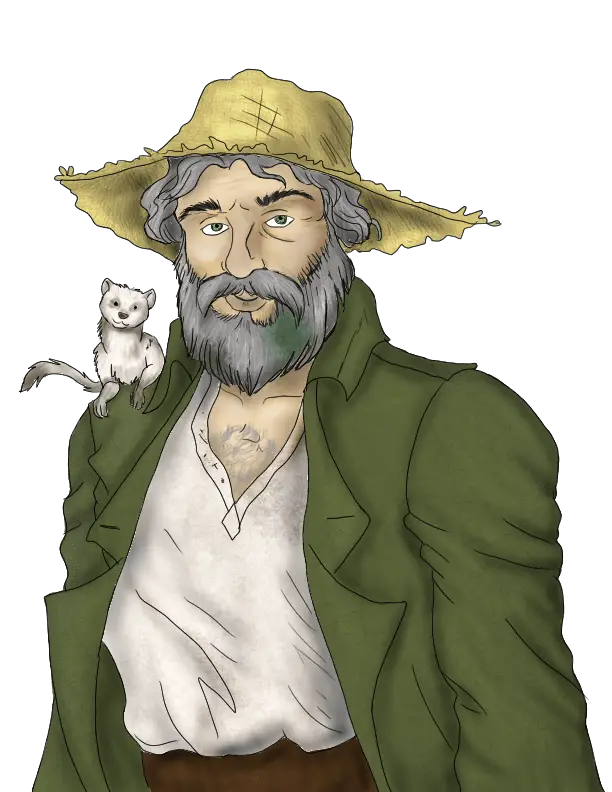

And it may work in reverse) Due to your site I have outlined a couple of articles recently, and noted that it may be possible to bring your real life skills in the game to enrich it.
Forgive me for going into a long example; to begin with, I am a teacher and a linguist. So…
Recently my Strixhaven group went into the ruins of Zantafar, the last great city of the Loxodon. Various adventures (subterranean beasts, puzzles and romance) aside, they met a ghost of the city guard’s commander. The ghost helped the group, but took an oath – they vowed to avenge Zantafar by finding the last of the creatures who caused the city’s fall. Unfortunately, he couldn’t describe the creatures, and named them only “dhiryavyadha”, a word in ancient Loxodon (actually, two Sanskrite words), and no one of the characters knew the language.
So, at the first opportunity, they went to Quintorius Kand, who, being a Loxodon himself and a Lorehold student, could know this. He did (I planned this), and delivered an explanation that warms my heart (and I made everyone to roll a check before for them to see if they understand the conclusion):
“Roughly it translates as a “clever hunter”. But you see, Old Loxodon had a different grammar from the modern one. They usually put the action second, and the object it applied to first. So, here we may translate it in a different way, as “dhirya” generally denotes the process of thinking in general. And “vyadha” with such a pronunciation is not exactly a “hunter”, but “someone who works after the hunt”, meaning to skin the prey. We may say that it translates “one who skins thoughts”, or, how to put it better… Ah. A “mind flayer”.
Cue the expression of the most experienced player, whose character rolled very well, and her both IC and OOC:
“Well, damn”.
Hi V-Z!
That’s a great point and actually gives me some inspiration for a follow-up article to this one. I’ll need to think it through and outline it before I write it, but I believe you’re 100% correct!
I always greatly appreciate your comments, especially when you are sharing examples like the fantastic one that you shared here. Your experience as a professor and linguist clearly help to build that idea of solving the mysteries through language and built that suspense to the Mind Flayer reveal in a WONDERFUL way that made it feel very “real” and made sense.
It gave me chills!
One of the members of one of my groups is a very talented artist. After almost every session she will draw a moment from the game or related to what is happening and share it with the group.
(Fun fact: I’ve actually shared a lot of her art on this site and she is actually officially joining the site’s team this week!)
Touches and contributions like that where group members can use their real-world skills to elevate the game even higher are always so incredible to have. It adds a lot to the experience and can be very helpful in keeping group cohesion tight and supportive!
Yes, that what I mean about using RL skills for the game.) Congratulations for her joining the site. And I will be waiting for the article.)
(And they will have to wait before meeting this mind flayer, but I hope that the planned scene will be impressive)
Another interesting thing about games and skills is that role-playing often reveals very unexpected things about the players. For example, I am not inclined to create plots and participate in politics – but I have done both of it while playing a politician. My wife is kind and has no experience of management, but she was capable of playing a cold-hearted vampire and to plan a settlement development while being in-character. I would think that role-playing games need to be added into curriculum for actors and other professions that demand mind flexibility.
Please let me know how the Mind Flayer encounter goes! I’m invested now! 🙂
To your other point, I think it’s very fun to roleplay someone who is very different from oneself. Maybe we also learn a little bit about another hidden side of ourselves in the process? (Though maybe I’m overthinking that aspect…)
Actors are definitely people who benefit from playing D&D, but I definitely also see the appeal for professions like teachers and business leaders who commonly have to relate to the viewpoints of MANY people at a time. If for no reason other than learning to empathize with a different viewpoint than one’s own!
Now if only it were possible to major in roleplaying games at college… 😉
I’ll do, but it won’t be soon. The group has approached the end of Year 1, and this meeting should occur at the final of Year 3.
Well, this aspect definitely deserves examination, it is an interesting psychological phenomenon. What concerns college – there are methods of teaching and learning through roleplay, though not in the way we (the players) think about it. I have done a few experiments during my career, but it always meets a specific problem – any lesson is time-restricted.